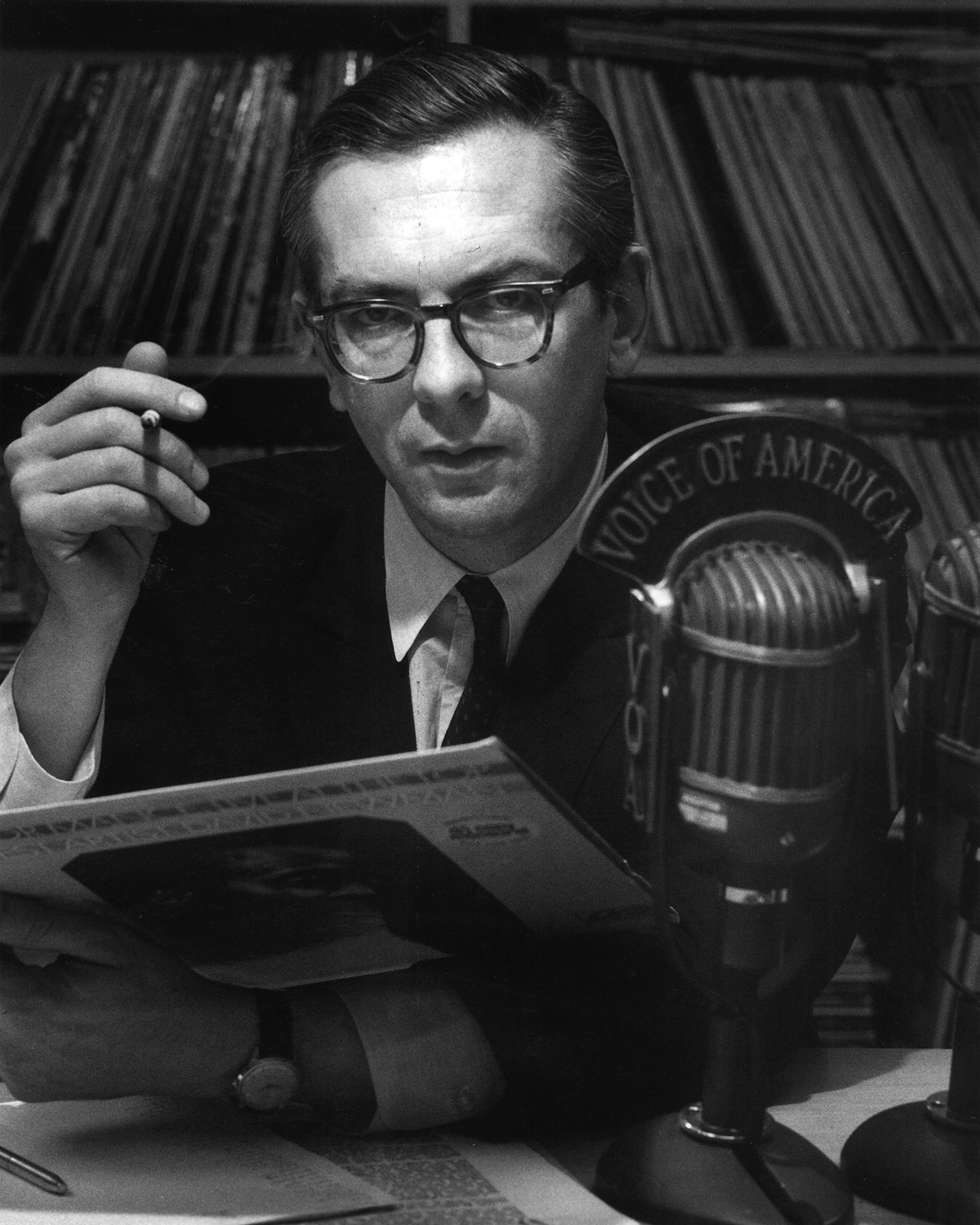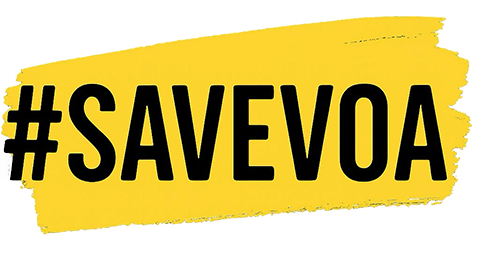


The Voice of America Charter
“To be effective, the Voice of America must win the attention and respect of listeners. These principles will therefore govern Voice of America (VOA) broadcasts…”
VOA staff members drafted the VOA Charter between 1958 and 1959 to put in writing a formal statement of principles that would govern VOA broadcasts. The charter seeks to protect the independence and integrity of VOA programming. It is based on the understanding that VOA’s effectiveness depends on earning the trust of its worldwide audience.
VOA’s parent agency, then known as the U.S. Information Agency, endorsed the charter in 1960, and in July 1976, a Republican senator from Illinois, Charles Percy, and a Democratic representative from New York, Bella Abzug, sponsored legislation to make it public law. The bill passed both houses of Congress and was signed by President Gerald Ford on July 12, 1976.
1. VOA will serve as a consistently reliable and authoritative source of news. VOA news will be accurate, objective, and comprehensive.
The first principle of the charter centers on the imperative that VOA’s news output is truthful.
In a 1982 speech commemorating the 40th anniversary of VOA, President Ronald Reagan praised VOA’s commitment to objective reporting from the time of its first broadcast during World War II to counter Nazi propaganda. “In those days, as now, truth was a vital part of America’s arsenal,” he said.
2. VOA will represent America, not any single segment of American society, and will therefore present a balanced and comprehensive projection of significant American thought and institutions.
Underlying the second principle of the charter is the belief that presenting a broad picture of America with all its facets gives not just an accurate portrait of the country but also shows its strength and its embodiment of democracy.
President John F. Kennedy said during remarks in 1962 marking the 20th anniversary of VOA that journalists must present both the good and bad in America.
“And we hope that the bad and the good is sifted together by people of judgment and discretion and taste and discrimination, that they will realize what we are trying to do here. … We believe that people are capable of standing the burdens and the pressures which choice places upon them, and it is because of this strong conviction that this organization functions,” he said.
3. VOA will present the policies of the United States clearly and effectively, and will also present responsible discussions and opinion on these policies.
By not only presenting the policies of the U.S. government, but also discussions and criticisms of them, VOA not only gives a full picture of American thought, but also demonstrates how a democracy functions and how it gives hope to its people.
Edward R. Murrow, who once served as the head VOA’s parent agency, then known as the U.S. Information Agency (USIA), said during a 1963 awards ceremony that the agency’s journalists had a mission to combat ignorance and fear around the world, and that such efforts would help to spread democracy.
“Scoffers think that a free world is only a dream, and they are right. It is the American dream. And we in this agency [U.S. Information Agency] are helping to make it come true.”
